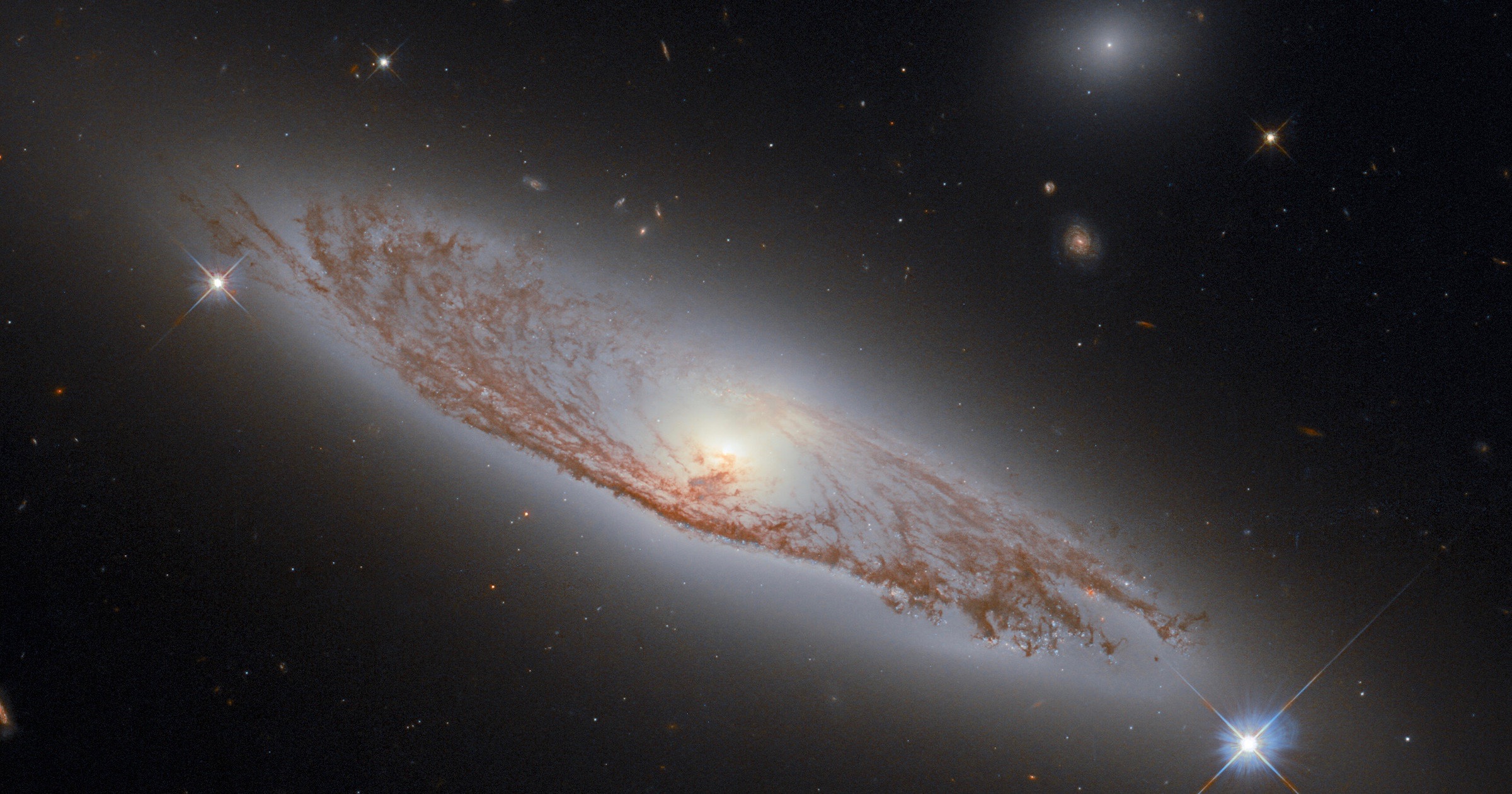 Faith & Science
Faith & Science
 Physics, Earth & Space
Physics, Earth & Space
The Big Myth: Big Universe Is a Problem for Religion

Editor’s note: This excerpt is from a chapter by Mike Keas in the newly released book The Comprehensive Guide to Science and Faith: Exploring the Ultimate Questions About Life and the Cosmos.
Self-appointed spokesmen for science often use the enormous size of the cosmos, with its billions of galaxies, as a club to beat up Christianity. They say people in the Western tradition had to wait till modern science to grasp that the universe was huge, and had to shed their historic Judeo-Christian views to do so. Not true.
Bill Nye, the Scientism Guy
Prominent scientists from centuries past, including Nicolaus Copernicus (1473-1543) and Blaise Pascal (1623-1662), recognized that the universe is vast. They saw in this no contradiction with their Christian beliefs. Yet celebrity TV science educator Bill Nye, the “Science Guy,” is among those who suggest that the sheer scale of the cosmos means humans are insignificant. In the last minutes of his 2010 Humanist of the Year acceptance speech, Nye — speaking for science and all humanity — delighted the American Humanist Association with this:
I am insignificant … I am just another speck of sand. And the Earth really in the cosmic scheme of things is another speck. And the sun an unremarkable star … And the galaxy is a speck. I’m a speck on a speck orbiting a speck among other specks among still other specks in the middle of specklessness. I suck.
Nye’s audience laughed approvingly, no doubt because they believed that “I suck” really means religion (which teaches that we don’t suck) sucks.
But Bill Nye isn’t so much the science guy as he is the scientism guy. Scientism is atheistic dogma masquerading as objective science.
C. S. Lewis on Dogma and the Universe
C. S. Lewis, in his 1943 essay “Dogma and the Universe,” demolished Nye’s way of thinking. Lewis begins with an analogy. Consider how a doctor determines that someone has been poisoned to death. The doctor can conclude this reasonably if “he has a clear idea of that opposite state in which the organs would have been found if no poison were present.” Similarly, if we try to disprove God by pointing out how small we are in a huge cosmos, we should clearly identify the kind of universe that is expected if God did exist.
But Lewis argues that such a project fails. “Whatever space may be in itself … we certainly perceive it as three-dimensional, and to three-dimensional space we can conceive no boundaries,” he writes. So we naturally feel that the cosmos is huge. What if we discovered nothing but our own sun and moon in such seemingly infinite space? “This vast emptiness would certainly be used of God,” Lewis notes. In that case, atheists would argue that no God would create such vast amounts of wasted empty space.
Lewis runs through the other options: “If we discover other bodies, they must be habitable or uninhabitable: and the odd thing is that both these hypotheses are used as grounds for rejecting Christianity.” If there are billions of habitable planets, then the skeptic would likely say that this means humans are not special. We would be lost in a crowd of aliens, or so the story goes.
Lewis continues: “If, on the other hand, the Earth is really unique, then that proves that life is only an accidental by-product in the universe, and so again disproves our religion.” In that case, atheists might further complain that no God would create trillions of sterile planets-what a lousy design.
Do you see the problem? No matter how God might have made the universe and life, skeptics would surely complain about something to the point of disbelief What we have here isn’t truth-seeking, but rather, game rigging.
Spinning the Universe
Atheists would find ways to spin a story that ridicules belief in God no matter what the size or contents of the cosmos. Bill Nye’s God-bashing cosmic storytelling fails the credibility test. Keep all this in mind the next time you hear this popular myth invoked to mock religious believers.
For both Jews and Christians, here is the situation: We believe in an omnipotent, infinite God, and modern astronomical discoveries have confirmed that we inhabit a majestic universe befitting just such a creator. The psalmist got it right 3,000 years ago: “The heavens declare the glory of God” (Psalm 19:1).
